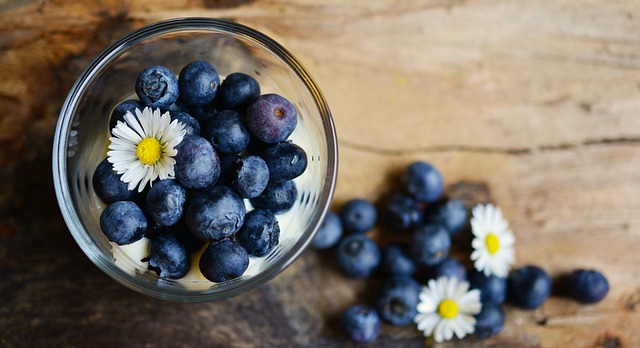When it comes to digestive issues, bloating is one of the most common complaints. Whether it’s the result of eating too much, eating the wrong foods, or other digestive issues, bloating can be uncomfortable and frustrating. But did you know that probiotics can help alleviate some of the discomfort associated with bloating? Here’s how.
What Are Probiotics?
Probiotics are microorganisms that are believed to provide health benefits when consumed. They are often referred to as “good bacteria” because they help maintain a healthy balance of bacteria in the gut. Probiotics can be found in certain foods, such as yogurt, kefir, and sauerkraut, or they can be taken in supplement form.
How Do Probiotics Relieve Bloating?
There are a few ways that probiotics can help alleviate bloating:
Reducing Gas Production
Gas is one of the main culprits of bloating. When bacteria in the gut ferment undigested food, they produce gas as a byproduct. Probiotics can help break down food more efficiently, reducing the amount of undigested food that enters the colon. In turn, this can reduce gas production and alleviate bloating.
Modulating Gut Transit Time
Gut transit time refers to how long it takes for food to travel through the digestive tract. When food moves too slowly through the gut, it can lead to constipation, which can make bloating worse. Probiotics can help regulate gut transit time, ensuring that food moves through the gut at an appropriate pace.
Boosting Immune Function
Some research suggests that probiotics can help boost immune function in the gut. A healthy immune system can help keep harmful bacteria in check, reducing the risk of digestive issues like bloating.
What Strains of Probiotics Are Best for Bloating?
Not all probiotics are created equal. Different strains of bacteria have different health benefits, so it’s important to choose a probiotic that is specifically designed to alleviate bloating. The following strains have been shown to be effective in reducing bloating:
- Bifidobacterium lactis: This strain has been shown to reduce bloating and improve gut transit time in people with functional bowel disorders.
- Lactobacillus acidophilus: This strain has been shown to improve digestive function and reduce bloating in people with irritable bowel syndrome (IBS).
- Bifidobacterium bifidum: This strain has been shown to improve digestive function and reduce bloating in people with IBS.
How to Incorporate Probiotics Into Your Diet
If you’re looking to incorporate probiotics into your diet, there are a few options:
- Eat probiotic-rich foods: Yogurt, kefir, sauerkraut, kimchi, and miso are all great sources of probiotics.
- Take a probiotic supplement: Probiotic supplements are available in capsule, tablet, and powder form.
- Try fermented foods: Fermented foods like sourdough bread and kombucha also contain probiotics.
Conclusion
Bloating can be a frustrating and uncomfortable issue. But the good news is that probiotics can help alleviate some of the discomfort associated with bloating. By reducing gas production, modulating gut transit time, and boosting immune function, probiotics can help improve digestive health and reduce bloating. If you’re looking to incorporate probiotics into your diet, there are a variety of options available, from probiotic-rich foods to supplements and fermented foods. Talk to your doctor to determine the best approach for you.







